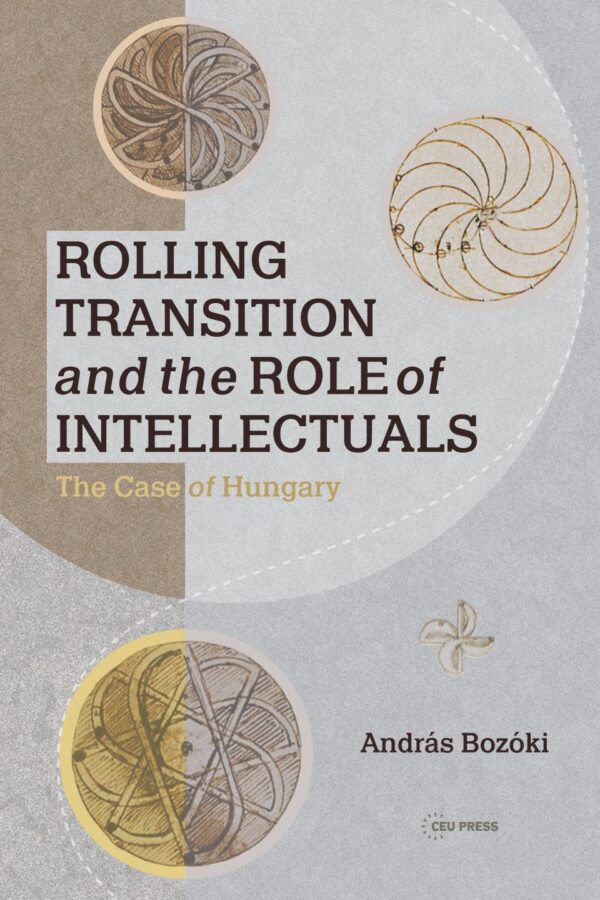This website uses cookies
We inform you that this site uses own, technical and third parties cookies to make sure our web page is user-friendly and to guarantee a high functionality of the webpage. By continuing to browse this website, you declare to accept the use of cookies.

ONLINE | Book Launch: Rolling Transition and the Role of Intellectuals: The Case of Hungary - with author András Bozóki